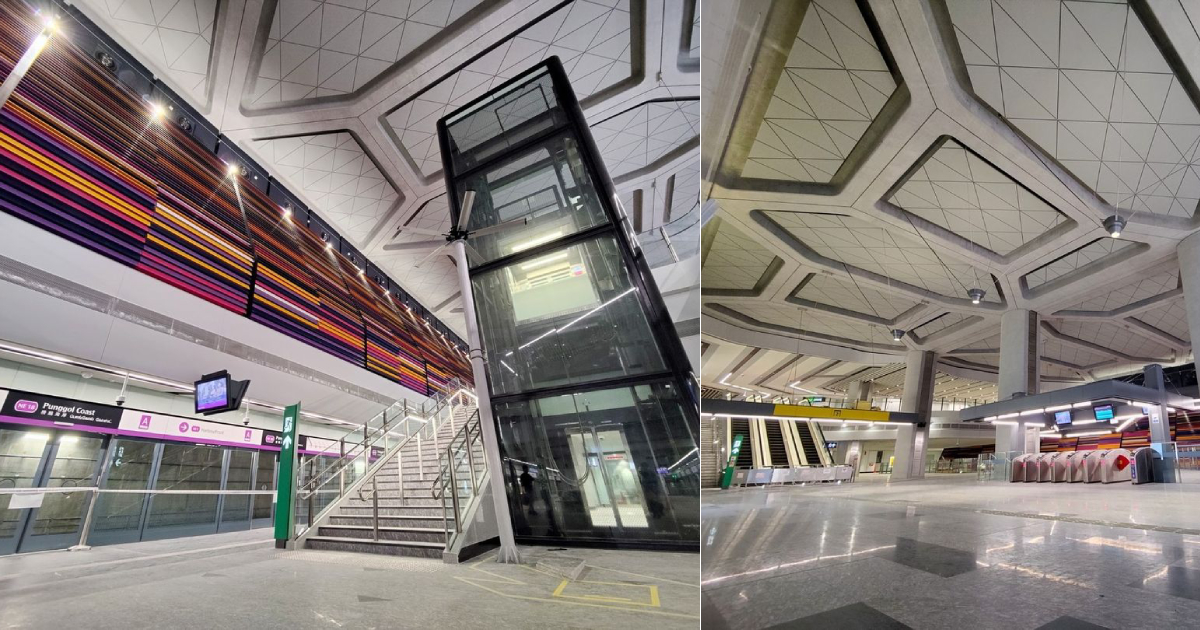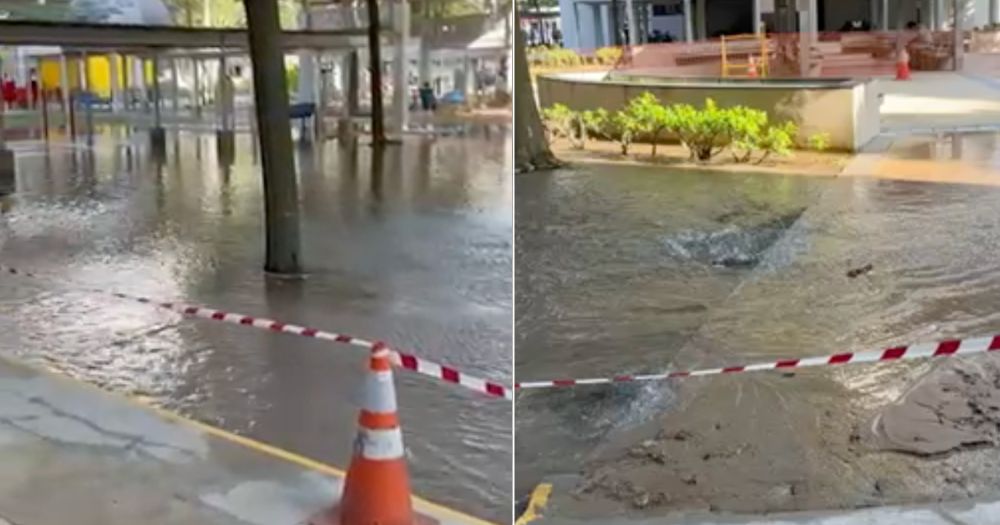Japan rolling out new electronic travel authorisation system for visitors, including those from S'pore
The planned implementation date is 2030.

Japan is set to introduce a new travel authorisation system that will require visitors, including visitors from Singapore, to declare their personal information online to enter Japan.
No laughing matter
Japan Today reported that the new system is tentatively called the Japan Electronic System for Travel Authorisation, JESTA.
If that name reminds you of the Electronic System for Travel Authorisation (ESTA) currently used by the United States, that is because the planned program is said to run similarly.
The new travel authorisation system would require visitors to declare personal information online in order to enter Japan, similar to current requirements for entering the United States.
The countries affected by the JESTA program come from 71 visa-exempt countries, adding an additional step for those wanting to travel to Japan.
These countries include Singapore, Malaysia, Indonesia, and Thailand as well as the United States, and the United Kingdom, to name a few.
There is currently no word on how long the process will take, or if it will cause travellers to incur additional costs.
Stay, don’t overstay
Japan Today reported that the new system aims to reduce illegal immigration from visa-exempt countries.
Thus, if applications under JESTA are flagged for illegal-stay risk, authorisation for travel will not be granted, and the traveller will be directed to obtain a formal visa instead.
The Japanese government is concerned about visitors entering Japan and remaining beyond their valid period of stay, which typically ranges from 14 to 90 days.
Yomiuri, a Japanese newspaper, reports that as of January 2024, there were 79,113 illegal overstayers in Japan.
Of these 49,801, or 62.9 per cent, had overstayed their short-term stay status.
Expected by 2030
Full implementation of such a system is not expected for several years.
The Japanese government is planning to allocate research costs for the new system into its 2025 budget and intends to implement the new system by 2030.
However, it intends to launch a different system on a trial basis in the 2024 fiscal year.
Under the trial system, passenger information will be sent to Japan's immigration services agency after boarding procedures have been completed.
Then those details will be checked against a blacklist of travellers, allowing airlines to be notified ahead of time so that they can refuse such individuals boarding and ultimately travel to Japan.
Top image by Timo Volz/Unsplash
MORE STORIES





















